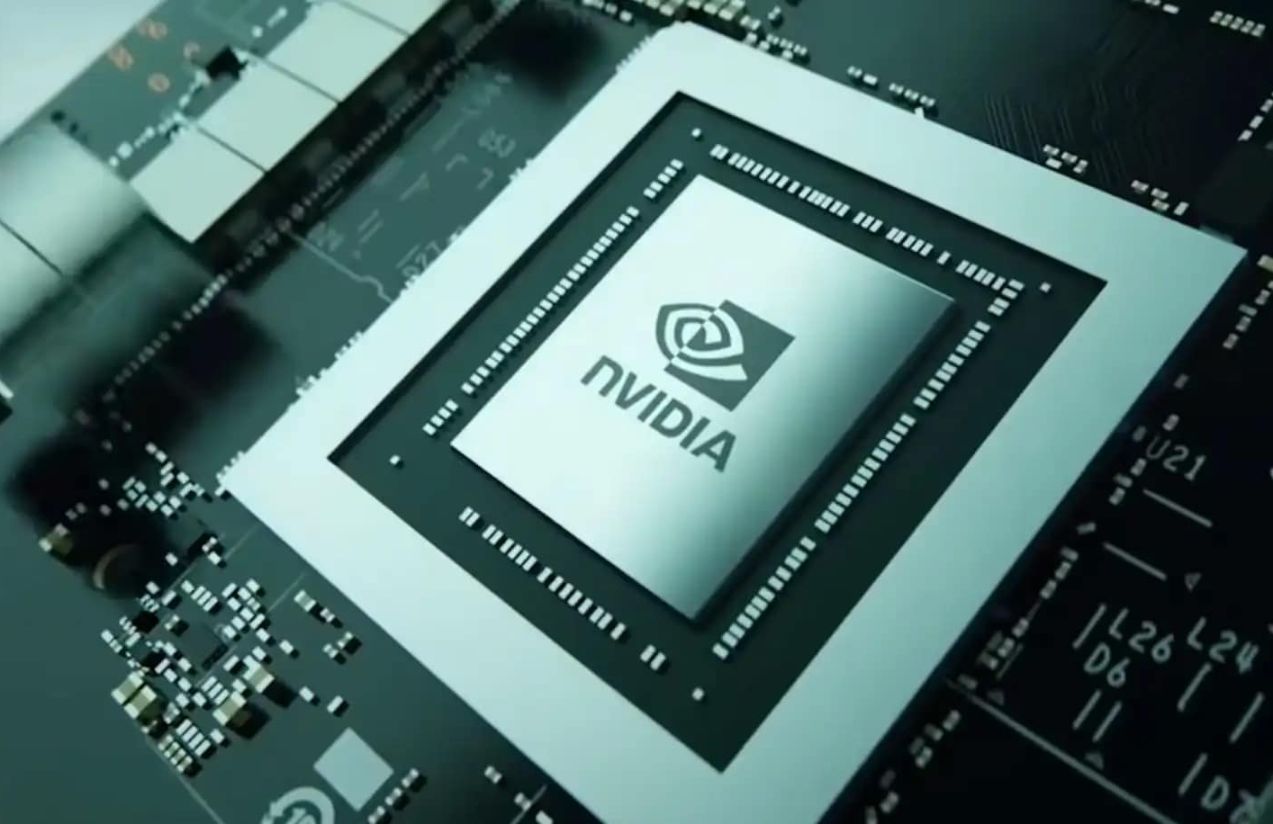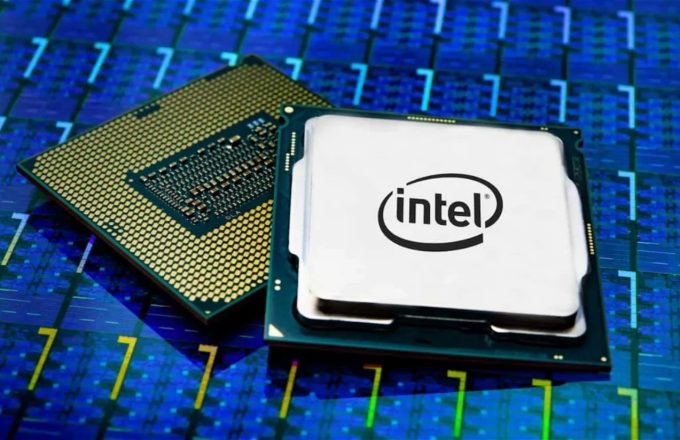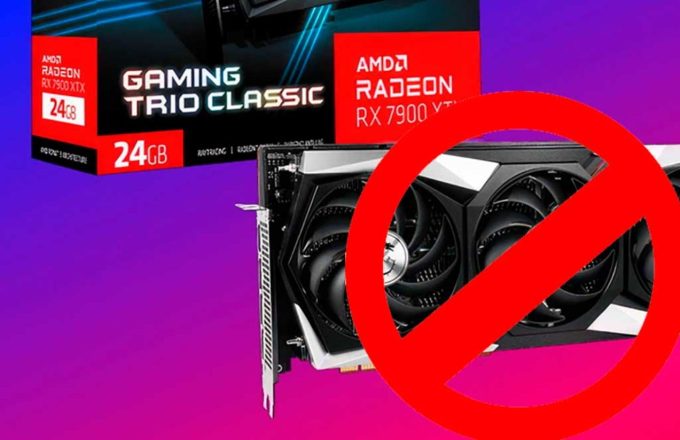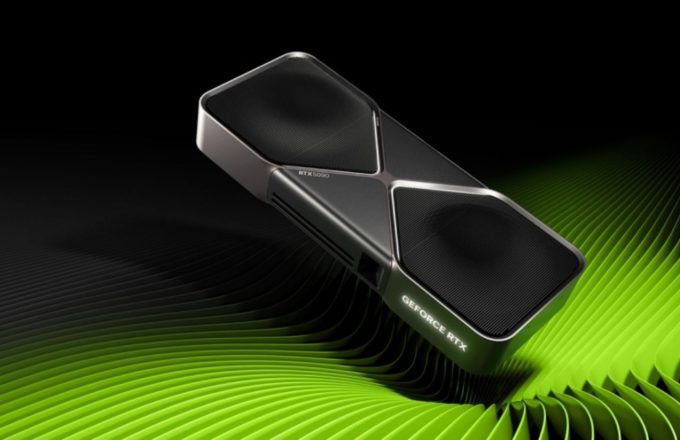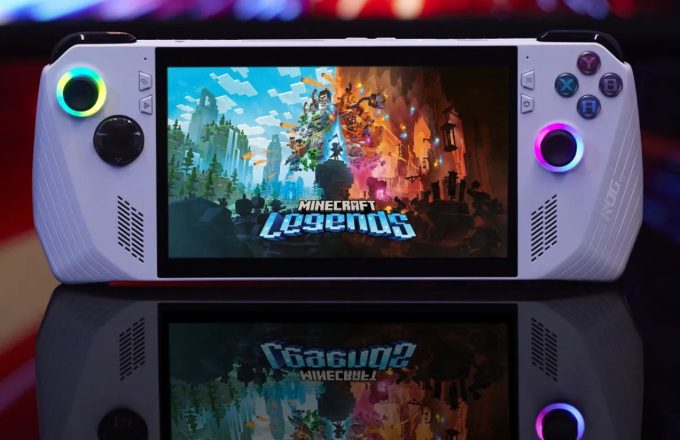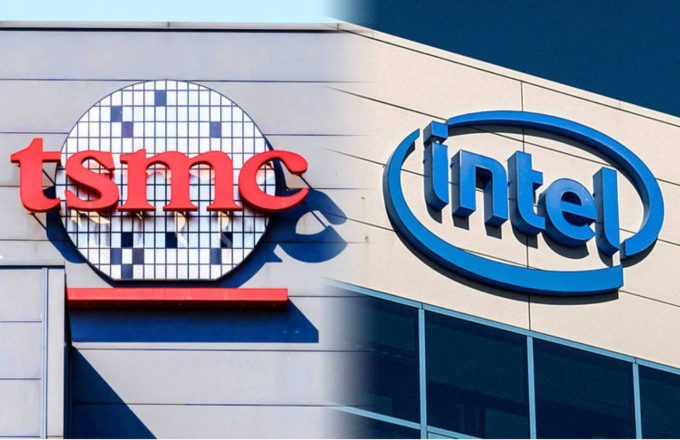An electronics store in Tokyo was forced to apologize after hundreds of Chinese buyers flooded the location in search of Nvidia’s latest gaming chips, causing major disruption in the area.
The incident, which quickly went viral on Japanese social media, highlighted how the ongoing tech war between the United States and China is affecting both gamers looking to upgrade their equipment and resellers eager to capitalize on the demand.
Last week, up to 400 people gathered in Akihabara, the famous shopping district known for its selection of video games, manga, and anime, hoping to get their hands on the latest GeForce RTX 50 series graphics cards from U.S. chipmaker Nvidia, according to electronics retailer PC Koubou.
The chaos caused by the crowd, which blocked sidewalks and even entered a nearby property without permission, ultimately forced the store to cancel the sale. A few days later, they issued a public apology.
“We sincerely extend our deepest apologies for the great commotion that has troubled and concerned our customers, neighboring communities, and related parties,” PC Koubou said in a statement.
Taizo Hashida, director of Unitcom, the parent company of the store chain, told CNN on Wednesday that about 90% of the buyers were Chinese-speaking customers.
The new graphics cards, launched on January 30, have become highly sought after by gaming enthusiasts due to their improved performance, faster processing speeds, and more realistic graphics, which provide a smoother gaming experience.
However, these models are not available in China due to U.S. export restrictions on advanced chips. Washington has implemented these measures to prevent its rivals from accessing technology that could enhance artificial intelligence (AI) systems and weapons development.
For this reason, many Chinese gamers have expressed frustration, saying they can only access a “limited” version of Nvidia’s latest chip. The company created a modified model with reduced AI capabilities exclusively for the Chinese market, driving up demand for the full version in nearby countries like Japan.
Gil Luria, head of technology research at investment firm D.A. Davidson, explained that these restrictions apply to the latest graphics cards because they can be used to develop AI tools.
“For hardcore gamers, the difference between the permitted and restricted chips can be significant, so they may look for them in other markets,” he said.
The disorder in the store was so intense that staff’s attempts to organize the line were ignored, and at least one man even climbed a fence to enter a nearby kindergarten, as shown in footage of the incident. A sign hanging on the kindergarten’s fence was broken in half, according to local media reports.
In response to the chaos, the store canceled the sale and instead organized a two-day online lottery to distribute the graphics cards, with results to be announced later.
This is not the first time Nvidia has designed a gaming chip specifically for the Chinese market in an effort to comply with U.S. export controls.


